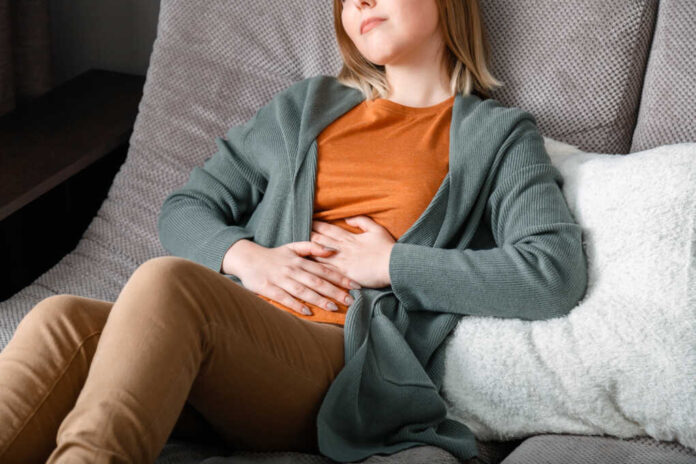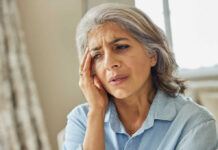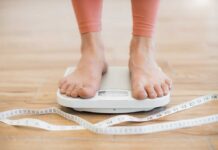
Endometriosis is a chronic condition where tissue similar to endometrial tissue that usually grows in the uterus grows outside the womb. This can occur in areas of the pelvis, ovaries, pelvic wall, and similar places.
This condition can cause pain during periods, sexual intercourse, bowel movements, and urination, along with triggering nausea and fatigue. Endometriosis is also known for causing fertility problems.
Across the globe, endometriosis affects around 190 million women, or 10% of the females of reproductive age worldwide.
There are many common misconceptions surrounding endometriosis, leaving many women to wonder what is fact vs fiction. Let’s debunk any rumors you’ve heard and set the record straight.
Myths or Facts?
Painful and Often Heavy Periods
Periods can be heavy and painful for many women, and severe pain during menstruation can indeed indicate the presence of endometriosis.
However, pain with endometriosis can also show up in different areas of the body. Endometriosis pain can present itself as ovulation pain, midcycle bleeding, bowel, and urinary pain.
Pregnancy Can Cure Endometriosis
Some women find their endometriosis symptoms to decrease during pregnancy, but others do not. Pregnancy causes hormonal changes that can impact endometriosis while pregnant and in the aftermath, but everyone is different in terms of how this affects their symptoms.
Hysterectomy Is an Option
A hysterectomy can relieve symptoms of endometriosis for many people. However, the condition can come back after surgery.
A study including 137 female participants who have endometriosis indicated that 84% of participants were satisfied with their results after surgery.
Endometriosis only Occurs in Female Reproductive Organs
Although most commonly found in the lower abdomen and pelvis, endometriosis can be found almost anywhere in the body. Fortunately, this is not the norm.
Endometriosis is Always Painful
Over half of females with a diagnosis of endometriosis report chronic pain.
Painful periods are a partial myth when it comes to endometriosis. This is very common, but you can’t rule out endometriosis just because this symptom doesn’t apply to you.
Menopause Ends Endometriosis
Researchers estimate that 2-5% of females still experience postmenopausal endometriosis. The condition can begin years after ending your period.
Endometriosis Causes Infertility
Fertility challenges arise in around 30-50% of females with endometriosis. Endometriosis does not equal infertility, and there are methods for assisting in this process.
Abortion Causes Endometriosis
The exact cause of endometriosis is still unknown but believed to be genetic-related. There is no evidence that abortion causes endometriosis.
Cure Endometriosis with Birth Control Pills
Birth control pills may help reduce symptoms of endometriosis by suppressing ovulation and the menstrual cycle. Although not a cure, birth control pills can help with symptoms by leveling out your hormones and preventing you from excessive bleeding.
High Estrogen Causes Endometriosis
This is a myth that needs to be debunked. High estrogen levels do not cause endometriosis. However, for some people, estrogen-blocking medications can lead to symptom relief.


















